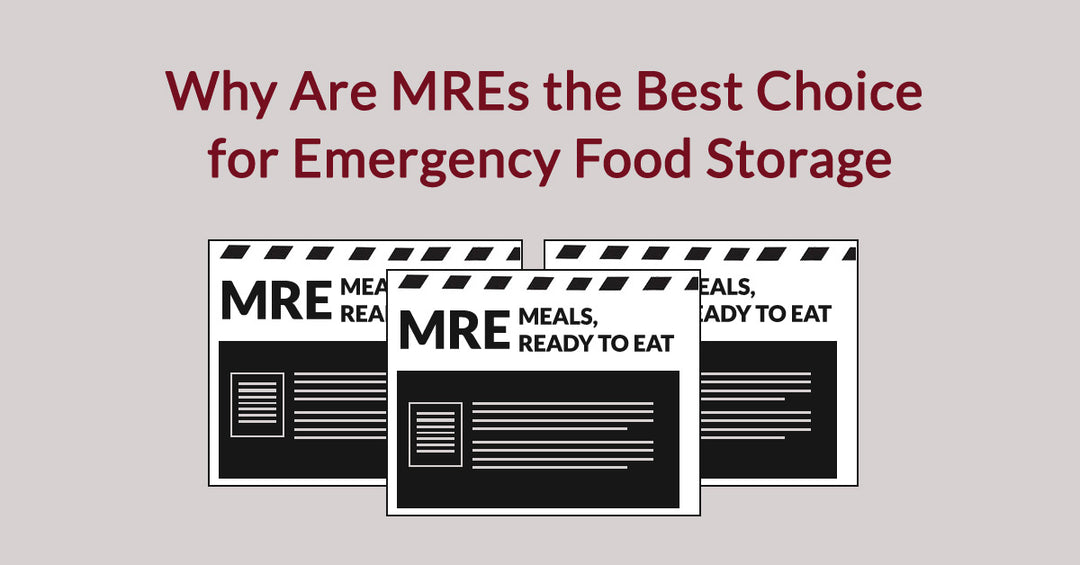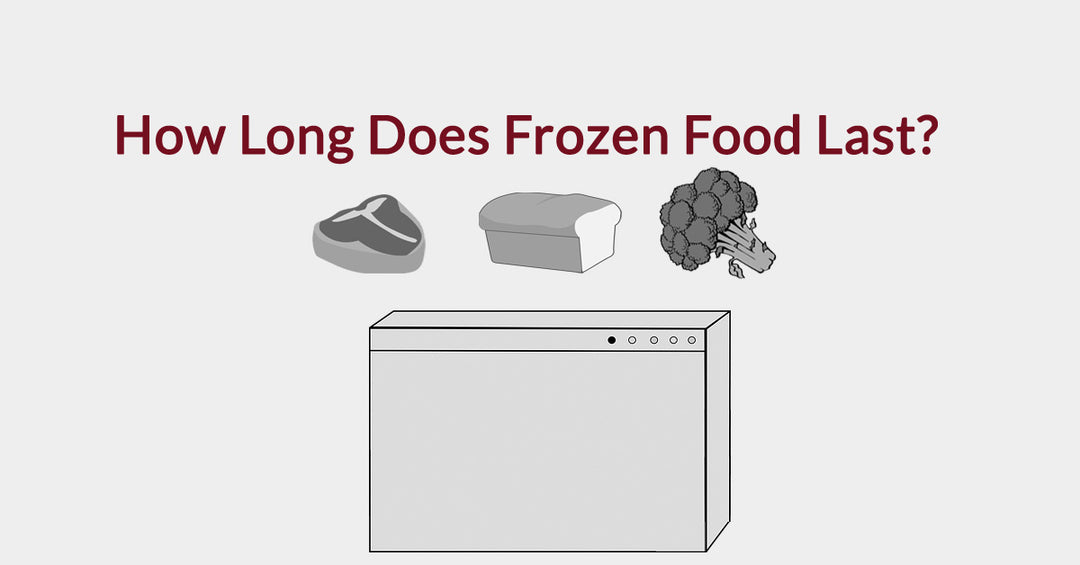US Food Supply Disaster Series: Tropical Storm Allison (June 2001, Texas and Gulf States)

In June 2001, Tropical Storm Allison brought historic flooding to Texas and the Gulf States, particularly Houston. This event revealed critical vulnerabilities in urban food security, highlighting how natural disasters can disproportionately affect vulnerable populations and reshape our understanding of food equity.
Allison's relentless rains inundated homes, leading to the widespread loss of all stored food. Refrigerators failed, pantries submerged, and vital supplies were contaminated or swept away. This destruction meant many families lost their basic means of sustenance. For suburban families and those in low-income neighborhoods, who often have fewer resources, this loss was especially devastating.
High waters isolated many communities, cutting off access to grocery stores, food banks, and emergency services. This deepened the crisis, as aid struggled to reach those in need and affected individuals couldn't access food. This isolation was compounded for residents of low-income neighborhoods, often with limited transportation, exacerbating their vulnerability. This highlighted the crucial role of logistics in emergency management and the need for robust disaster preparedness.
The widespread flooding impacted a significant portion of Houston's population, many facing food insecurity for the first time. Beyond direct food loss, the storm disrupted essential services and infrastructure, affecting the entire food supply chain from distribution to retail.
The lessons from Tropical Storm Allison prompted a significant re-evaluation of how flood risks intersect with food equity in urban areas. The disaster showed that flood preparedness must extend beyond physical infrastructure to include comprehensive strategies for maintaining access to food and water. It exposed disparities in community resilience, revealing how socioeconomic status and location influence a household's ability to cope with disaster-induced food shortages.
Following Allison, there was an increased focus on developing more resilient food systems in urban areas. This included better mapping of vulnerable neighborhoods for targeted food relief during future events. Humanitarian aid organizations refined strategies for rapid resource deployment and establishing temporary food distribution points in accessible locations. The storm also emphasized educating residents on safe food storage during power outages and the importance of emergency food supplies.
Tropical Storm Allison served as a wake-up call. Effective disaster mitigation requires a holistic approach, considering not only immediate physical damage but also long-term impacts on basic human needs like food. The experience pushed urban planners, emergency responders, and community leaders to collaborate on integrated strategies promoting urban resilience and ensuring equitable access to essential resources for all citizens during crises. The lessons from Allison continue to inform flood risk management and food justice initiatives, emphasizing the ongoing need for stronger, more adaptive communities in the face of escalating climate challenges.
Sources:
- National Hurricane Center. (2001). Tropical Storm Allison - June 5 - 18, 2001. National Oceanic and Atmospheric Administration.
- Academic studies and reports from disaster relief organizations analyzing the socio-economic impacts of Tropical Storm Allison on Houston.




